I had a difficult week last week. It was one of the more stressful weeks I’ve had in a long time. But I got through it because of the support of good friends.
Humanity is not meant to live alone. But you wouldn’t know that from living in our culture where the so-called freedom of the individual is thought to be more important than the collective good.
There were two events during the week that brought that home for me. One was the Federal Budget, with its annual bribe of tax cuts and “what’s in it for me?” items. On one of the news sites the next day, there was a very long, thoughtfully set-out article on how the budget would affect you. In that long article there was nothing whatsoever about the annual decrease in our overseas aid budget. The overseas poor don’t vote, so they don’t count to many of our politicians when budget time comes around. And most of the media obligingly spreads their mantra.
As Josh Dowton said so well, the dominant narrative of tax cuts reflects a culture of individualism over the greater good.
The other thing that happened during the week was a talk I attended by a guy called Johann Hari on the human need for connection and relationship.
This guy, a self-declared atheist, is a secular prophet. Don’t let anyone tell you that non-Christians can’t speak God’s truth. All people are made in the image of God, so who are we to say that God wouldn’t speak through someone who doesn’t believe?
Here’s some of what Hari said in his talk:
– Only one other country in the world takes more anti-depressants than Australia. That’s Iceland. Every year for the last 40 years the rate of depression has increased.
– The Amish have very low levels of depression.
– Seven of the nine known causes of depression are not biological. The causes are in the way we’re living.
– Depression is not caused by low serotonin. Anti-depressants are not useless but they don’t solve the problem.
– We need belonging, meaning, a future that makes sense. Our culture is getting less and less good at meeting these needs.
– We are the loneliest culture that has ever lived. We are the first humans ever to try to disband our tribes, to try to live alone.
– In our culture we are all homeless. Home is when people notice you’re not there. Too many of us are lonely. Home is not your four walls.
– Our epidemic of depression, anxiety and addiction are signals that are telling us that something is wrong in our culture.
– We have an individualistic belief about what it is to be happy, whereas other cultures have a collective view of what it is to be happy. In an experiment done in the US, Russia, China and Japan, they asked people that if they tried to be happy for two hours a day, what would they do. In the US, people did something for themselves, while in the other three countries they instinctually did something for someone else. The people in the US were the only ones for whom the people didn’t become happy in the experiment.
– In the UK, the average child spends less time outside than maximum security prisoners, who have to spend 70 minutes a day outside.
Johann Hari might not realise it, but he was echoing the sentiments of Jesus 2,000 years ago. What does it profit you if you gain the whole world but lose your very self? Life does not consist in the abundance of possessions. And in response to the Good Samaritan who was a neighbour to the one in need, we are told to go and do likewise.
At church each week, we say grace before lunch by going around the group and each of us saying what we’re thankful for. Today I said I’m thankful for the support of friends.
We were never meant to do life alone. We simply cannot live without each other. I’m thankful for the people who’ve had my back this week. The ones who said I could call them anytime if I wanted to chat, who showed their care for me, who gave me sensible and wise guidance, who asked me what support I was getting. It’s that care and concern that gave me what I need this week, not being bribed with another tax cut.
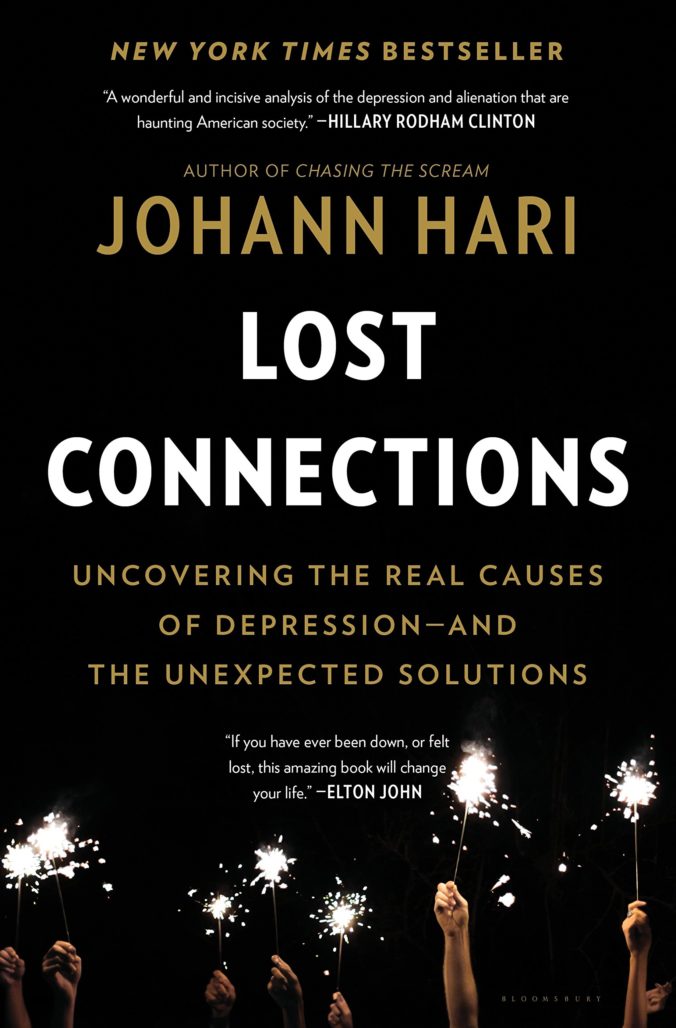
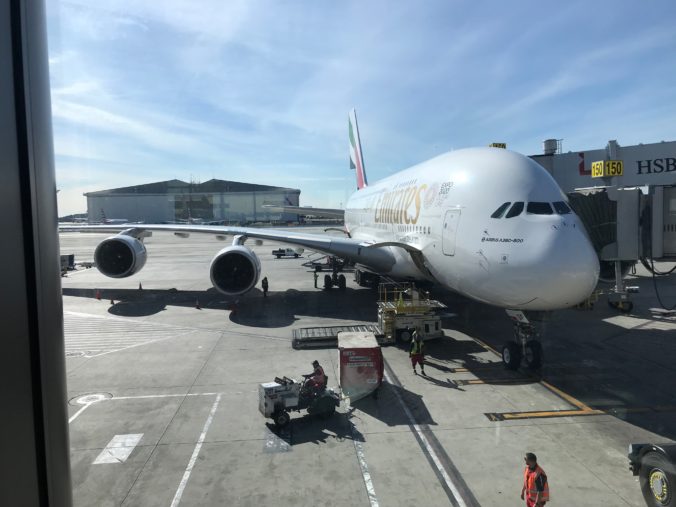
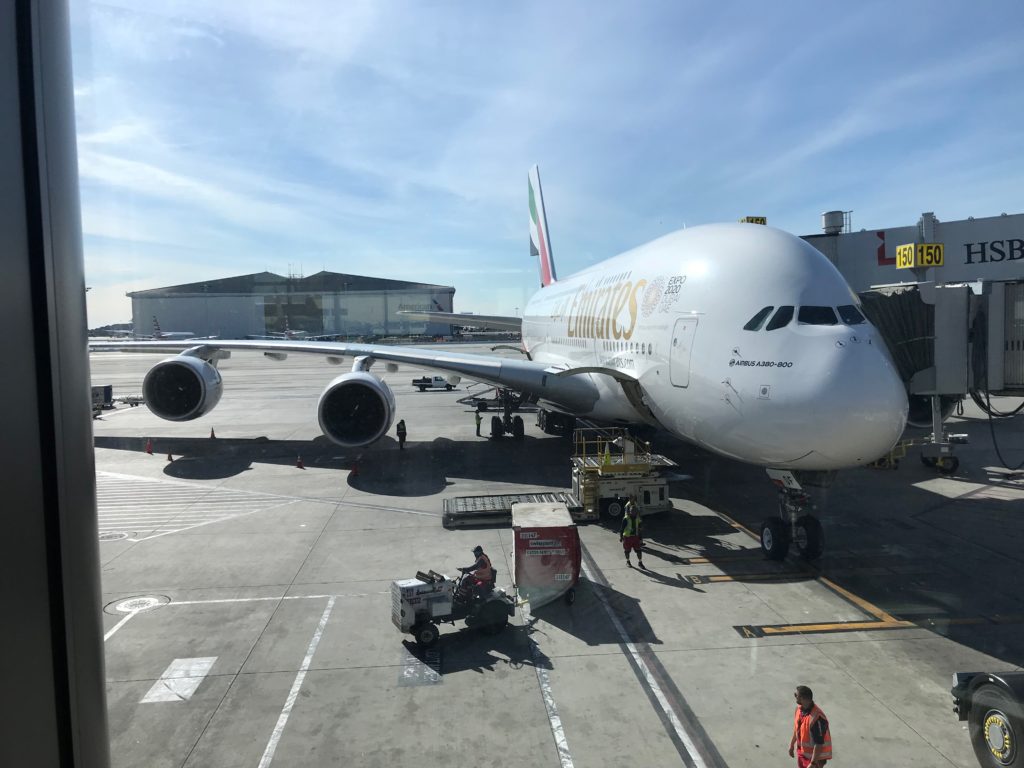 Electronic devices, shops, lights, noise.
Electronic devices, shops, lights, noise.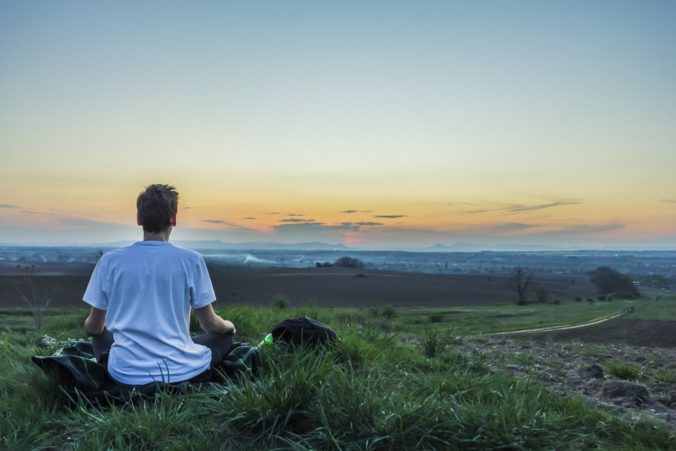
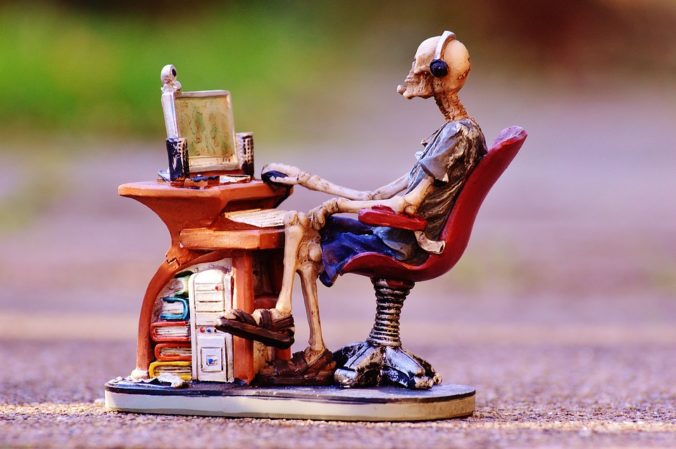
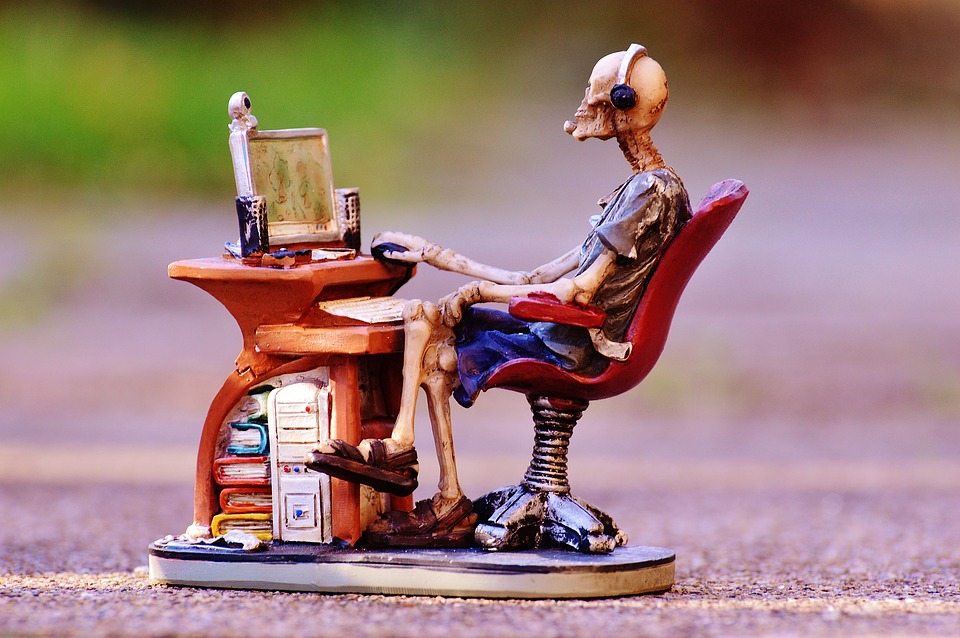 I’ve just finished listening to Russell Brand’s new book,
I’ve just finished listening to Russell Brand’s new book,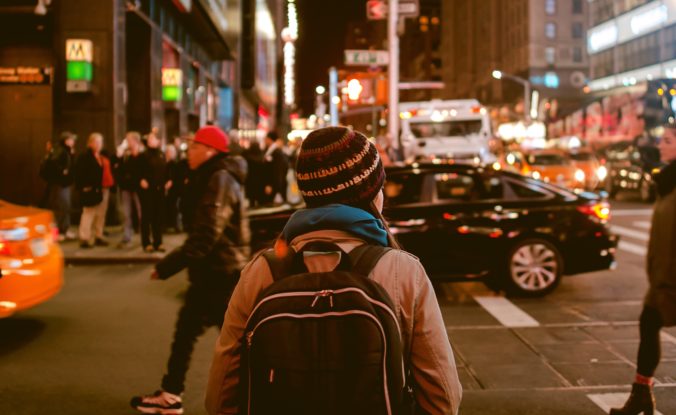
 The other night I had dinner with a group of friends after church.
The other night I had dinner with a group of friends after church.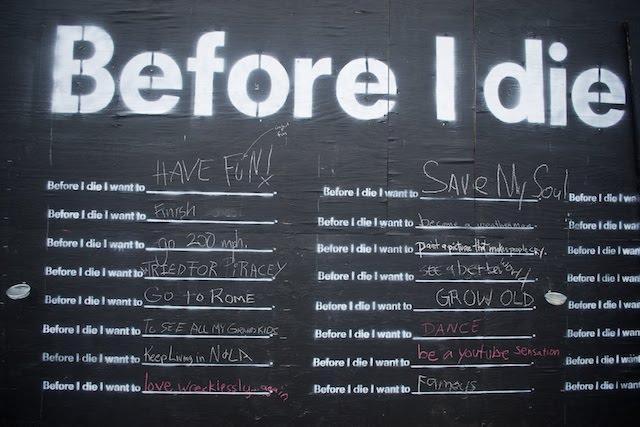
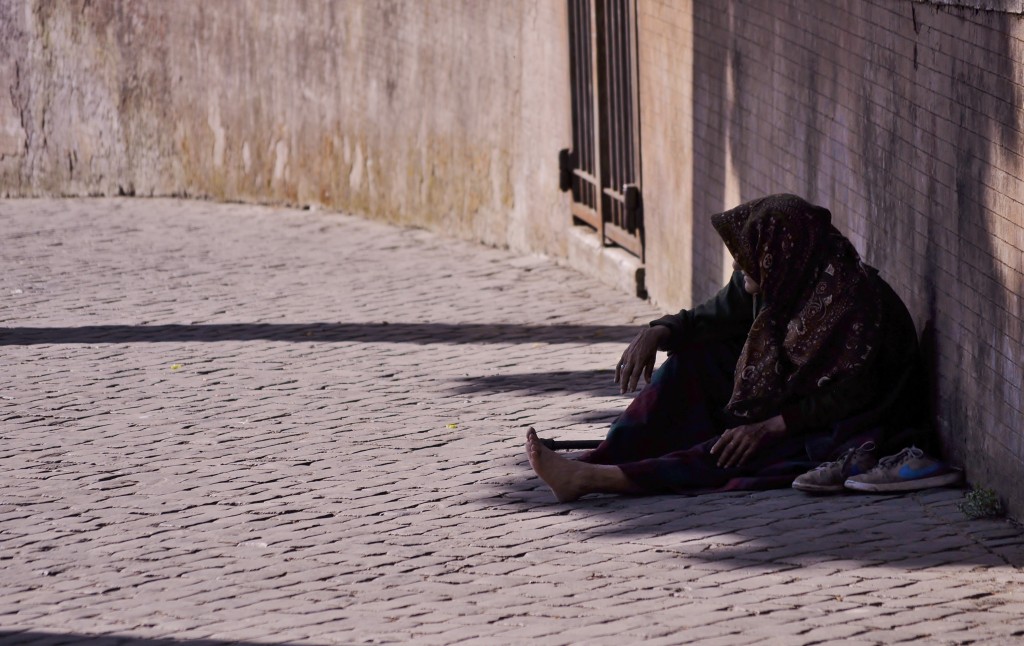 Scott J Higgins has posted a wonderful piece today shattering the myth that poor people are happier.
Scott J Higgins has posted a wonderful piece today shattering the myth that poor people are happier.


